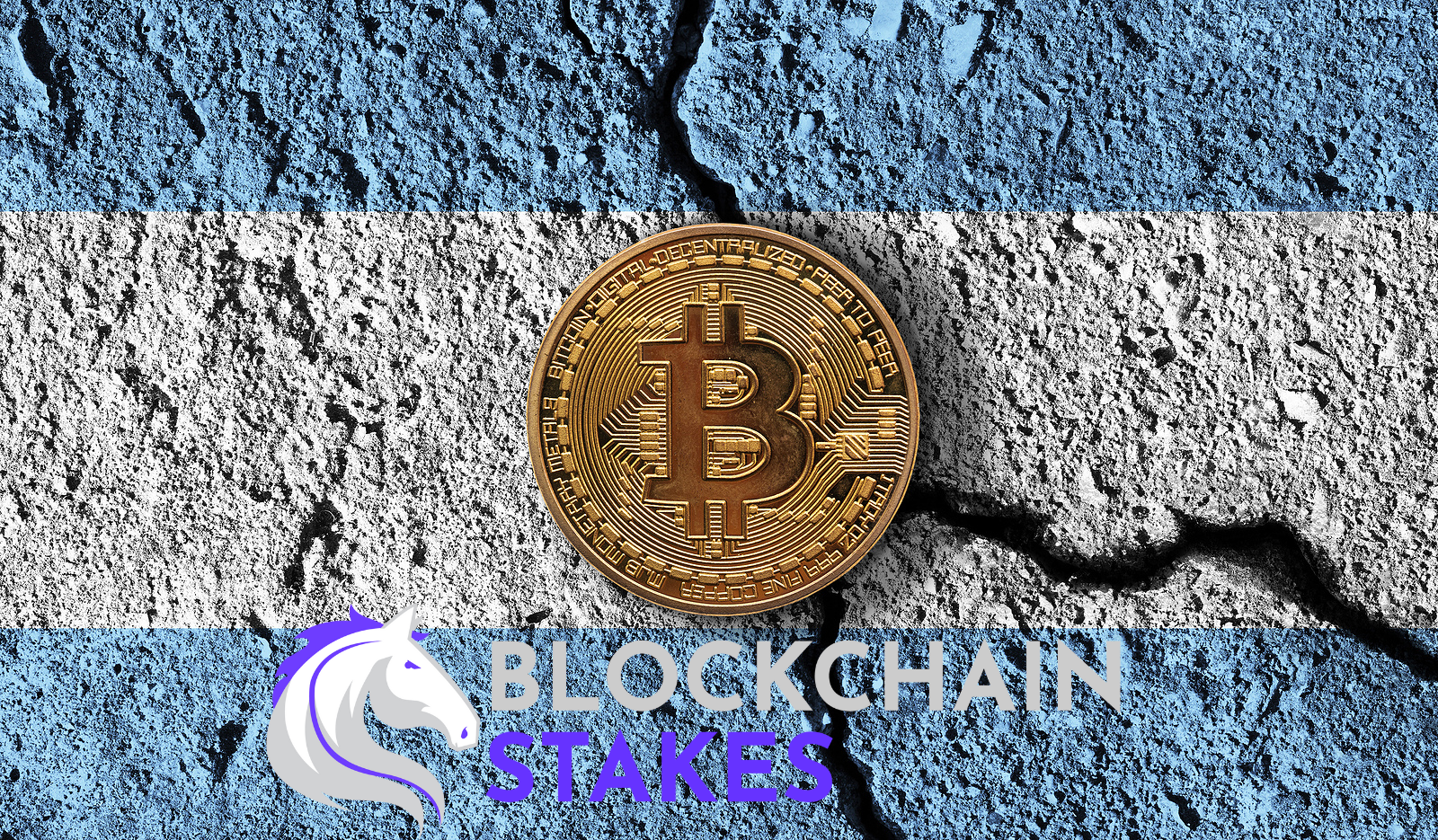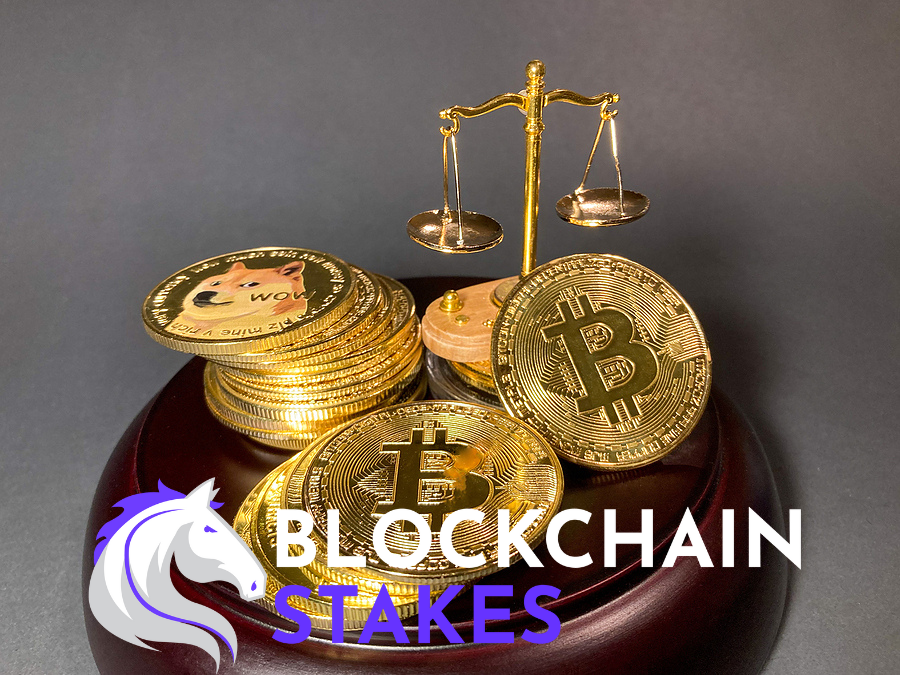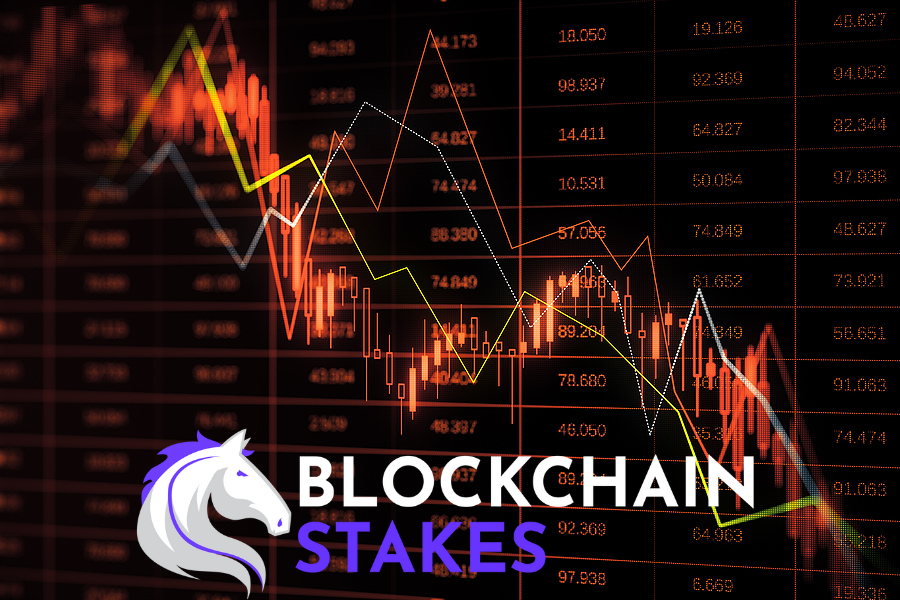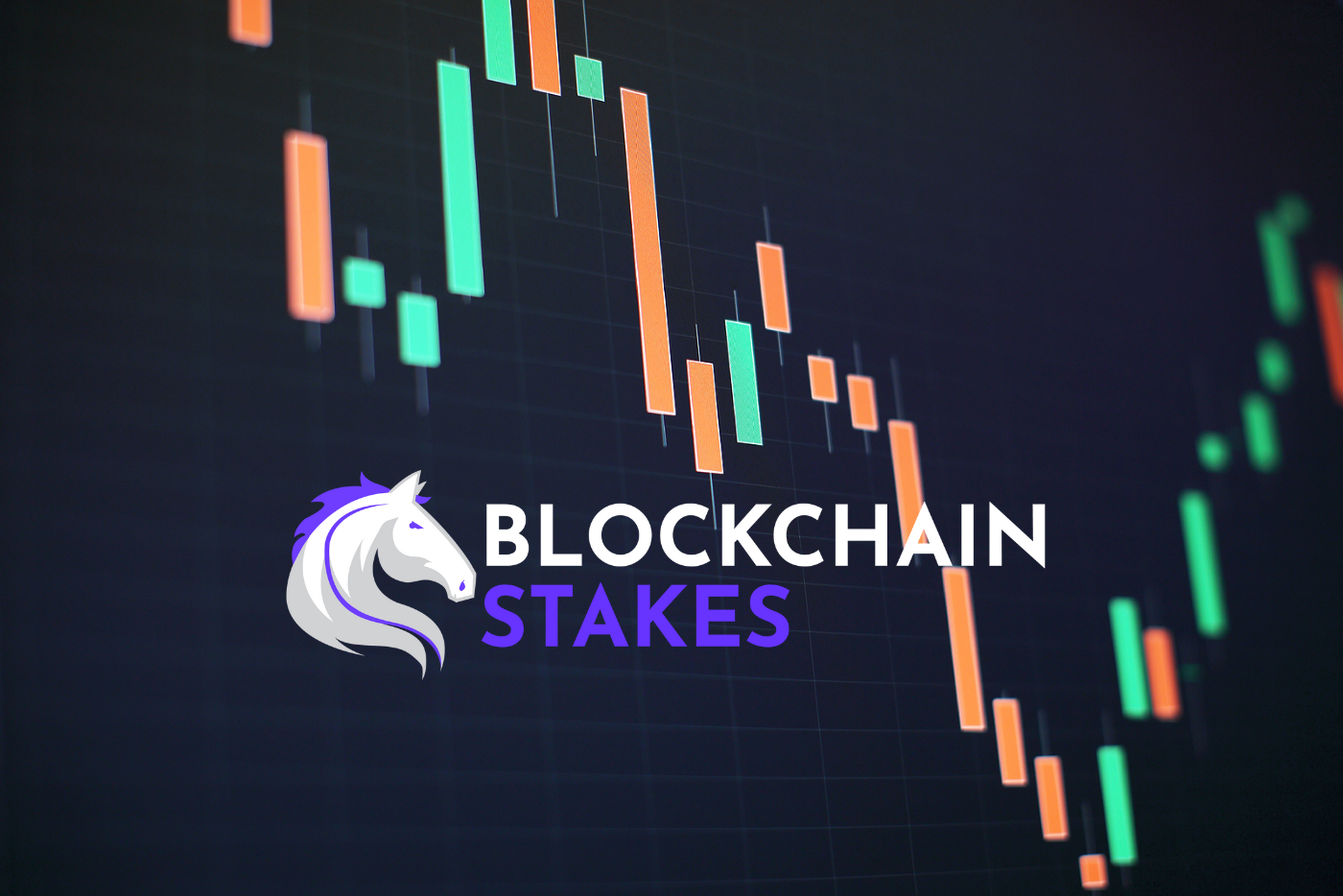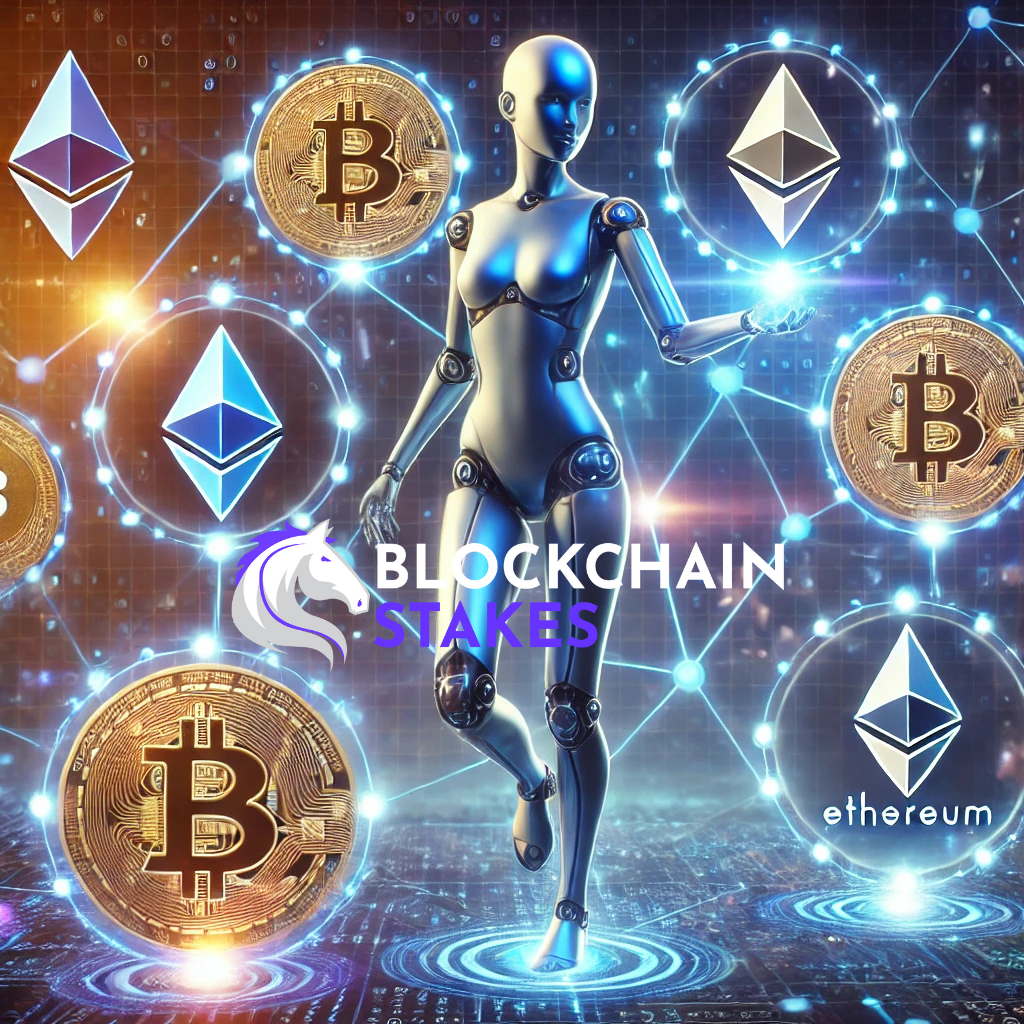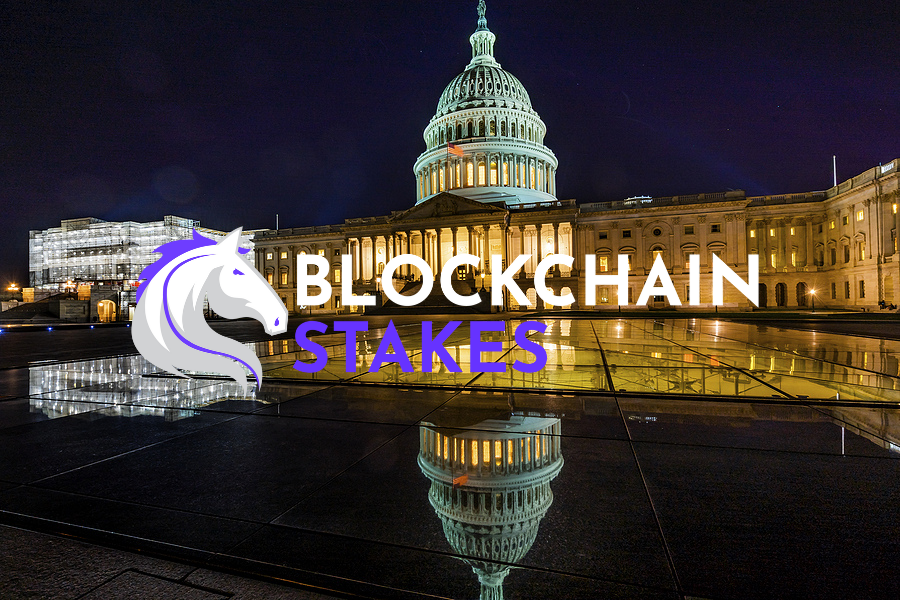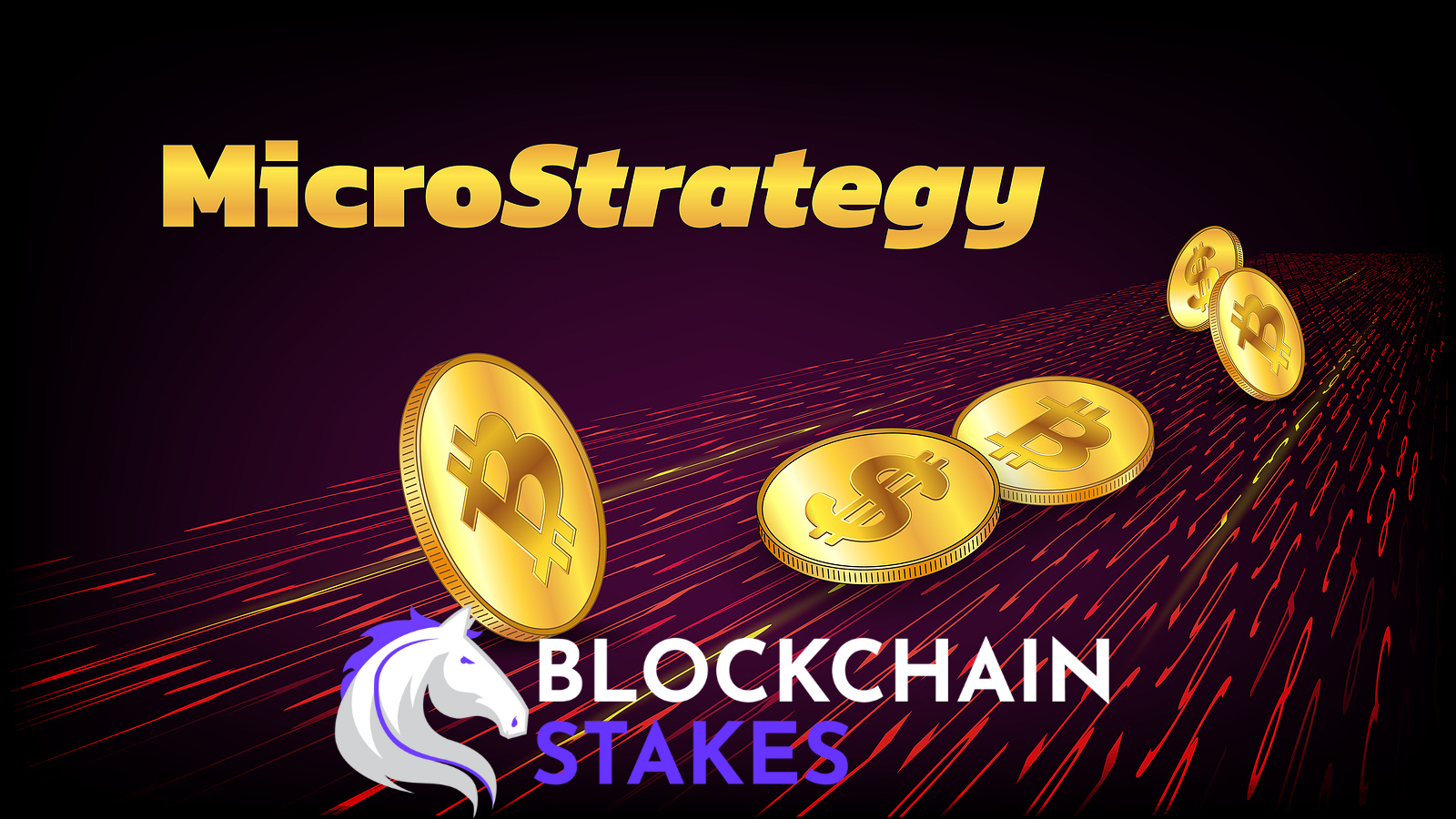The cryptocurrency world was rocked by the recent collapse of the $LIBRA token, a Solana-based memecoin that saw a dramatic 95% drop in value within hours of its launch. Promoted by Argentina’s President Javier Milei, $LIBRA initially surged to a market capitalization of $4.56 billion before crashing, wiping out nearly $4 billion in market value. This scandal has left investors devastated, triggered political turmoil in Argentina, and cast a shadow over Solana’s credibility as a blockchain ecosystem.
The Rise and Fall of $LIBRA
On February 14, 2025, the $LIBRA token was launched on the Solana blockchain with grand claims that it would contribute to Argentina’s economic revival. It quickly garnered significant attention, in large part due to President Milei’s endorsement on social media. Investors flooded in, pushing the token’s market cap to an astonishing $4.56 billion within hours. However, the excitement was short-lived.
Blockchain analysis later revealed that a select group of insiders had cashed out over $107 million in liquidity, effectively draining the market. Even more alarmingly, it was discovered that 82% of the total $LIBRA supply was concentrated in a single cluster, raising suspicions of a premeditated rug pull. This realization sent shockwaves through the crypto community, leading to a mass sell-off. By the end of the day, $LIBRA had plummeted by 95%, leaving retail investors with devastating losses.
Political Fallout in Argentina
The $LIBRA scandal has thrown Argentina into political chaos, placing President Milei under intense scrutiny. Opposition lawmakers have called for his impeachment, arguing that his endorsement of a fraudulent cryptocurrency scheme is a national embarrassment. Within 48 hours of the crash, over 112 criminal complaints were filed against him in Argentina’s Supreme Court.
Milei, who has positioned himself as a free-market libertarian and a vocal supporter of cryptocurrency, now finds himself facing criminal fraud allegations. A federal judge has been appointed to investigate his role in the scandal, with legal experts suggesting that if proven complicit, he could face severe legal consequences.
Adding to the controversy, foreign investors—particularly from China and the United States—have begun organizing class action lawsuits against Milei and the entities behind $LIBRA. Reports indicate that some investors have even taken their grievances to the U.S. Department of Justice and the FBI, seeking international intervention.
Impact on the Solana Ecosystem
Beyond Argentina’s political crisis, the $LIBRA scandal has dealt a significant blow to Solana’s reputation. As one of the fastest-growing blockchains, Solana had been attracting widespread adoption and developer interest. However, its association with multiple rug pulls, including this latest high-profile incident, has raised concerns about the security and trustworthiness of its ecosystem.
- Trust Erosion: Investors are now more skeptical about Solana-based projects, fearing the potential for similar scams. Many are questioning whether Solana has adequate safeguards in place to prevent such fraudulent activities.
- Financial Losses: The immediate aftermath of the scandal saw billions wiped out from the Solana ecosystem. Many retail investors who had put their faith in $LIBRA were left with worthless tokens, fueling resentment towards both Solana and the broader crypto industry.
- Regulatory Scrutiny: Authorities worldwide have taken notice of the incident, with regulatory bodies such as the UK’s Financial Conduct Authority increasing oversight of Solana-based tokens. The scandal has fueled discussions about the need for stricter regulations in the decentralized finance (DeFi) space.
- Market Impact: The $LIBRA crash had a ripple effect on Solana’s native token, SOL, which saw a 17% decline in value between February 16 and February 18, dropping to $170. This sharp decrease reflects the market’s shaken confidence in Solana’s ability to provide a safe environment for investors.
- Community Disillusionment: The Solana community, which has been actively supporting the blockchain’s growth, now finds itself grappling with disappointment and frustration. Many members have called for stronger security measures and better vetting processes for new projects.
Comparisons to Previous Crypto Scandals
The $LIBRA rug pull has drawn comparisons to some of the largest cryptocurrency scandals in history, including the infamous Squid Game token scam and the Terra-Luna collapse. However, what sets this incident apart is the direct involvement of a sitting world leader. Milei’s promotion of the token has blurred the lines between political endorsement and financial misconduct, setting a dangerous precedent for future crypto projects.
While memecoins have always been a high-risk segment of the market, the $LIBRA incident underscores the need for investors to exercise extreme caution, particularly when investing in politically affiliated projects. The scandal serves as a stark reminder that hype and endorsements do not equate to legitimacy.
International Response and Broader Implications
The global response to the $LIBRA crash has been swift and severe. International law firms have initiated legal actions on behalf of affected investors, while financial analysts have pointed to the scandal as a case study in the dangers of unregulated cryptocurrency markets.
The fallout has also reignited debates about the integrity of decentralized exchanges and the proliferation of memecoins. Regulators in various countries are now pushing for increased transparency in token launches, with some calling for mandatory audits of new projects before they can be listed on major exchanges.
Furthermore, Argentina’s already fragile economy has taken a hit, with the country’s main stock index dipping in response to the controversy. The incident has also damaged Argentina’s credibility in global financial markets, making it more difficult for the country to attract foreign investment.
Rebuilding Trust: The Road Ahead for Solana
Despite the severe damage to its reputation, Solana still holds a strong position in the blockchain industry. However, rebuilding trust will require significant effort from both the Solana Foundation and the wider community.
- Enhanced Security Measures: Implementing more robust security mechanisms, including real-time transaction monitoring and stricter token launch guidelines, could help prevent future scams.
- Greater Transparency: Calls for increased transparency in project funding and team identities are growing louder. Ensuring that new projects undergo rigorous audits before launching could help restore confidence.
- Community-Led Initiatives: Solana developers and investors may need to establish community-driven watchdog groups to flag suspicious projects before they gain traction.
- Regulatory Compliance: While decentralization is a core tenet of blockchain technology, working with regulators to establish best practices could help Solana regain investor trust.
Conclusion
The $LIBRA scandal has sent shockwaves through the crypto industry, highlighting the dangers of unchecked speculation and the vulnerabilities of even the most promising blockchain ecosystems. For investors, it serves as a painful lesson in due diligence and the risks associated with politically endorsed projects. For Solana, the incident underscores the urgent need for stronger safeguards to prevent similar scams in the future.
As investigations continue and legal battles unfold, the full extent of the scandal’s impact remains to be seen. However, one thing is certain: the $LIBRA rug pull will go down in history as one of the most dramatic and consequential crypto collapses ever, leaving investors, regulators, and the crypto community at large to grapple with its far-reaching consequences.













